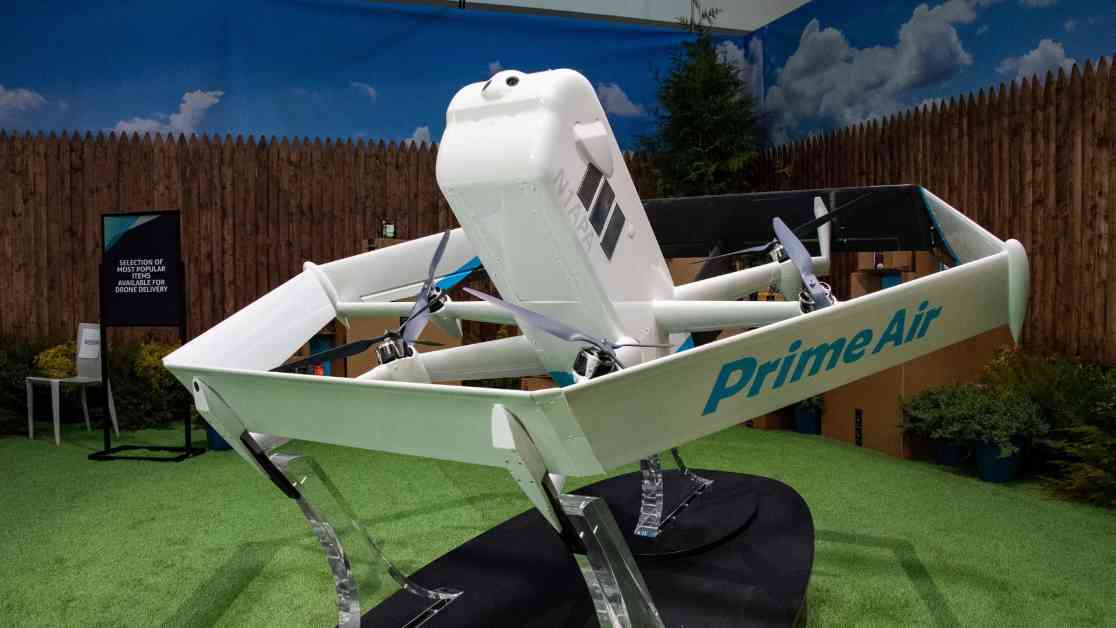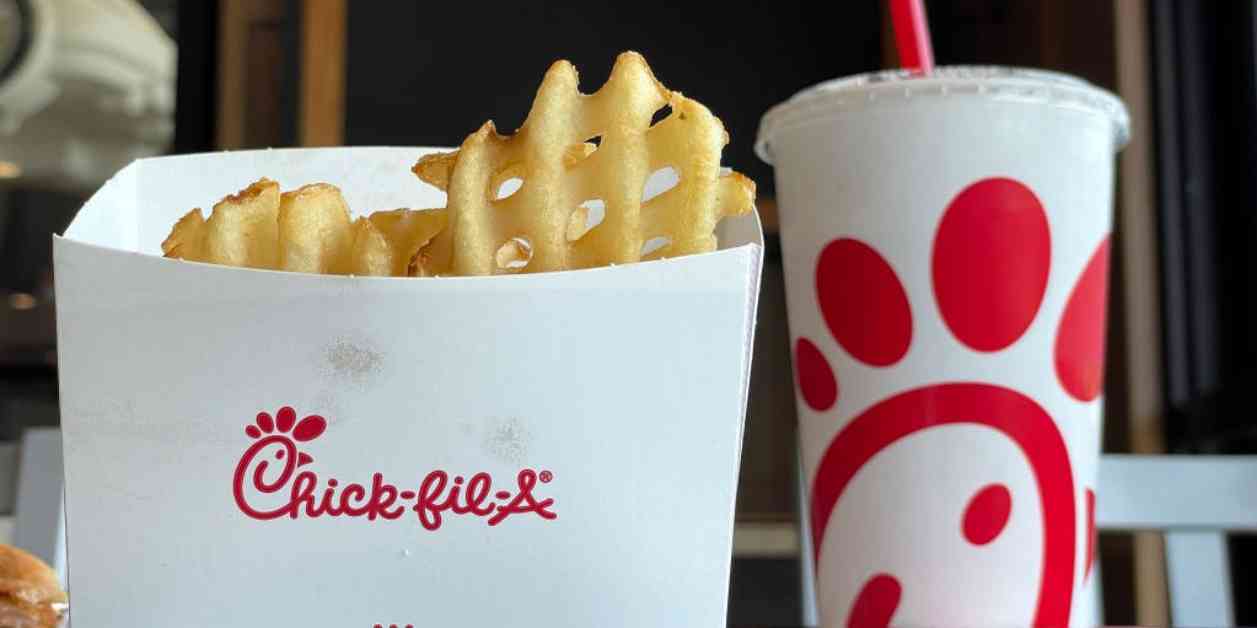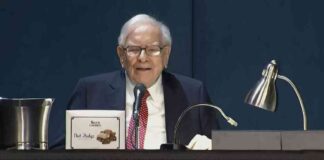Amazon’s drone delivery program in Texas has faced opposition from residents and regulatory challenges, causing delays and disruptions in the testing phase. The program, known as Prime Air, aims to revolutionize the delivery process by using unmanned aircraft to deliver packages to customers in under an hour. However, the loud buzzing of the drones has raised concerns among residents in College Station, Texas, where the testing is taking place.
Residents in College Station have reported that the noise from the drones disrupts their daily lives, with some even claiming it affects their sleep and ability to enjoy outdoor spaces. John Case, a long-time resident of College Station, described the noise as akin to a “giant hive of bees” and noted that it is particularly disruptive during take-off and landing. Nurses, police officers, and firefighters working night shifts have also raised concerns about the impact of the drone noise on their rest and relaxation during the day.
In response to the growing complaints, the Mayor of College Station, John Nichols, sent a letter to the Federal Aviation Administration (FAA) outlining residents’ concerns about the noise levels generated by the Prime Air drones. The letter highlighted the need for stricter regulations on the operation of the drones, particularly in residential areas. Amazon had proposed to increase the number of daily flights in College Station from 200 to 469, prompting further backlash from residents who felt overwhelmed by the constant buzzing of the drones.
Residents in College Station have expressed frustration with Amazon’s drone program, citing the disruption it causes to their daily lives. Ralph Thomas Moore, a resident living near the launch pad, played a recording of a chainsaw at a city council meeting to illustrate the noise level of the drones. He emphasized the impact of the continuous drone flights on the community, stating that it was a significant invasion of their personal space. Bryan Woods, the city manager of College Station, confirmed that tests conducted on the drones showed noise levels ranging from 47 to 61 decibels, comparable to heavy equipment but still disruptive to residents.
Despite the challenges faced by Amazon’s drone delivery program in College Station, the company remains committed to expanding its operations and integrating Prime Air into its same-day delivery network. The FAA’s approval for Amazon to fly its delivery drones over longer distances and without on-the-ground observers was seen as a significant milestone for the program. Amazon’s spokesperson, Sam Stephenson, expressed appreciation for the feedback from the College Station community and highlighted the thousands of successful deliveries made through Prime Air.
Residents’ Opposition and Concerns
Amina Alikhan, an internal medicine doctor residing near Amazon’s drone airport in College Station, described the drones as a constant nuisance, disrupting both indoor and outdoor activities. She echoed the sentiments of many residents who find the noise levels unbearable and intrusive. John Case’s neighbors have also voiced their complaints about the drones, noting that it hampers their ability to enjoy their homes and yards. The issue of noise pollution has become a focal point of the opposition to Amazon’s drone program in College Station.
In addition to the noise concerns, residents in College Station have raised alarm about the low altitude at which the drones fly over residential properties. Despite assurances from Amazon that the drones would operate at heights of 400 feet or higher, residents have observed them flying much lower, sometimes as close as 100 feet above ground level. This proximity has made it difficult for residents to relax outdoors, with some feeling uncomfortable even by their own pools. The discrepancy between Amazon’s promises and the reality of the drones’ flight paths has fueled residents’ opposition to the program.
Regulatory Challenges and Community Engagement
The regulatory challenges faced by Amazon’s drone delivery program in College Station have further complicated its testing phase. The company’s request to increase the number of daily flights and expand its delivery area has met with resistance from residents and local officials. Mayor John Nichols’ letter to the FAA highlighted residents’ concerns about the noise levels generated by the drones, particularly during take-off and landing operations. The clash between Amazon’s expansion plans and the community’s objections has created a tense environment in College Station.
In response to the mounting opposition, Amazon held a virtual meeting with College Station residents to address their concerns and discuss potential solutions. Matt McCardle, head of regulatory affairs and strategy for Prime Air, acknowledged the community’s grievances and announced the company’s decision not to renew its lease in College Station. Amazon is exploring alternative locations for its drone operations, with the possibility of moving to a former Macy’s store owned by the city. City Council member Bob Yancy proposed relocating the drone port to a shopping mall adjacent to an Amazon warehouse, aiming to mitigate the noise impact on residential areas.
Despite the challenges and setbacks faced by Amazon’s drone delivery program in College Station, some residents like Yancy still see the potential benefits of the technology. Yancy highlighted the convenience of having essential items delivered within an hour and expressed a desire for Prime Air to continue operating in the area. However, he emphasized the need for Amazon to address the noise issues and ensure that the drones operate at a safe distance from residential neighborhoods. Finding a balance between technological innovation and community well-being remains a key challenge for Amazon as it navigates the complexities of drone delivery.
In conclusion, Amazon’s drone delivery program in Texas has encountered significant opposition from residents and regulatory challenges that have hampered its progress. The noise generated by the drones, coupled with concerns about flight paths and altitude, has led to complaints from residents in College Station. The clash between Amazon’s expansion plans and community objections highlights the need for greater dialogue and transparency in the implementation of drone technology. As Amazon seeks to overcome these challenges and integrate Prime Air into its delivery network, addressing the concerns of residents and ensuring compliance with regulatory standards will be essential for the success of the program.

















